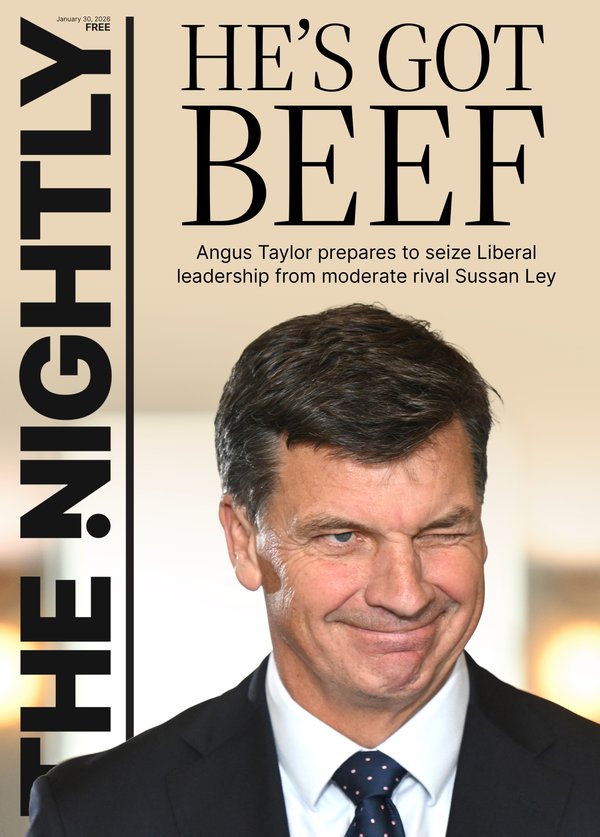Nick Bruining: ‘Trust but verify’ financial advisers when it comes to your life’s savings
Former US President Ronald Reagan famously used the old Russian proverb of ‘trust but verify’, which we should all be prepared to apply when it comes to dealing with our life’s savings.

Trust can be a delicate, intangible and a sometimes wonderful thing.
Being able to rely on someone when you’re struggling to cope, or grappling with complexities that are overwhelming, can instantly be alleviated when you can put your faith in someone that’s there to help.
And nothing is more soul destroying and devastating than when that trust is exploited or abused.
Sign up to The Nightly's newsletters.
Get the first look at the digital newspaper, curated daily stories and breaking headlines delivered to your inbox.
By continuing you agree to our Terms and Privacy Policy.In a complicated, fast-paced world full of rules, twists and differing interpretations, at some stage in our lives we will all need to rely on someone else for assistance.
Our parents for care while we’re growing, a doctor when we need medical help, or even a lawyer when we’re dealing with complex legal issues.
And in this hallowed space of people we trust, we’re seeing an increasing role for financial advisers.
It’s an emerging profession that has gathered other occupations from far and wide. Stock brokers, accountants, economists, actuaries and even life insurance sales people.
And with that diverse range of backgrounds, we see a divergence of attitudes, behaviours and actions. What some might regard as a normal strategy in the business world might be regarded by another as unethical or unfair, especially when you are dealing with the lives of vulnerable individuals.
Sometimes that divergence can result in different objectives. Objectives that can have far-reaching outcomes for the people that have put their trust in those individuals.
In Australia, all financial advisers are legally required to act as fiduciaries. That means they must act in the client’s best interests at all times, acting with competence, honesty, integrity and fairness. It means putting a client’s interest before their own.
It’s a nice idea, but this scribe has seen too many examples of financial advisers doing the complete opposite.
And as consumers of financial advice, you need to be assured that actions and strategies recommended by advisers leave you better off.
There is a partial solution.
Former US president Ronald Reagan famously used an old Russian proverb which we should all be prepared to apply, particularly when it comes to dealing with our life’s savings.
“Trust but verify.”
As much as possible, try to get independent verification of what you’re told. The moment you spot a variance is the moment you need to up the verification process. That might even mean getting a second opinion.
For financial advice, it starts by checking out your adviser. The most reliable source is the Australian Securities and Investments Commission through its moneysmart.gov.au website.
There you can check out the education and history of your adviser. Be wary of the adviser that jumps ship on a regular basis or whose education does not include university degree qualifications.
Be careful of one-man-bands. While there are many credible and excellent sole operators, having a team of people provides some assurance of continuity and protection.
Putting it bluntly, it’s easier to find a single rogue operator than a large team of them, although that’s not impossible.
If your adviser is assisting with your tax or Centrelink affairs, you can use the my.gov.au portal to look at your records to check if things are being followed up as promised.
As a final point, make sure that if things turn south, you’re in a position to extricate yourself.
It’s one of the main reasons I personally don’t like self-managed super funds when they’re effectively run by someone other than you.
Having someone that’s firmly embedded in your financial affairs makes it difficult and sometimes expensive to get away.
Much of what is done in an SMSF can these days can be done using low-cost public offer schemes. By using these schemes, you can generally — even with a financial adviser attached — just walk away.
Nick Bruining is an independent financial adviser and a member of the Certified Independent Financial Advisers Association
Originally published on The Nightly

